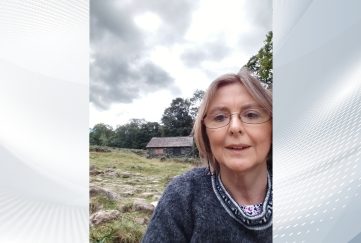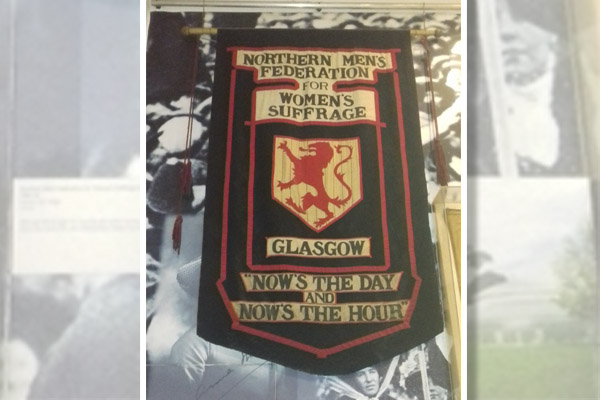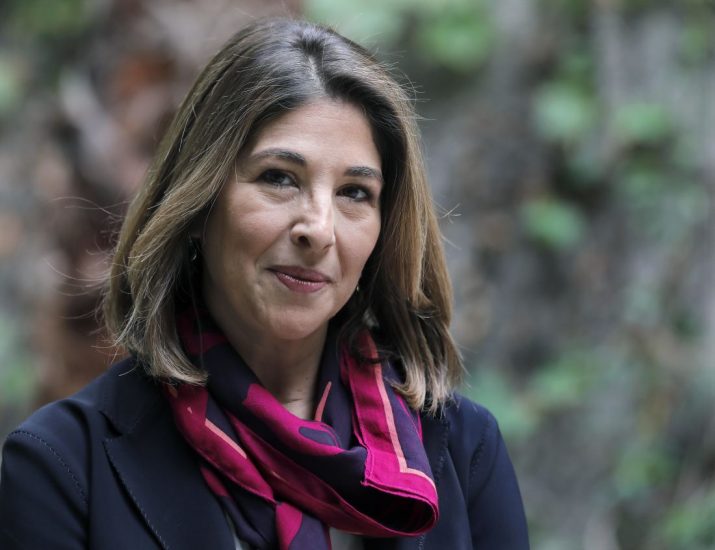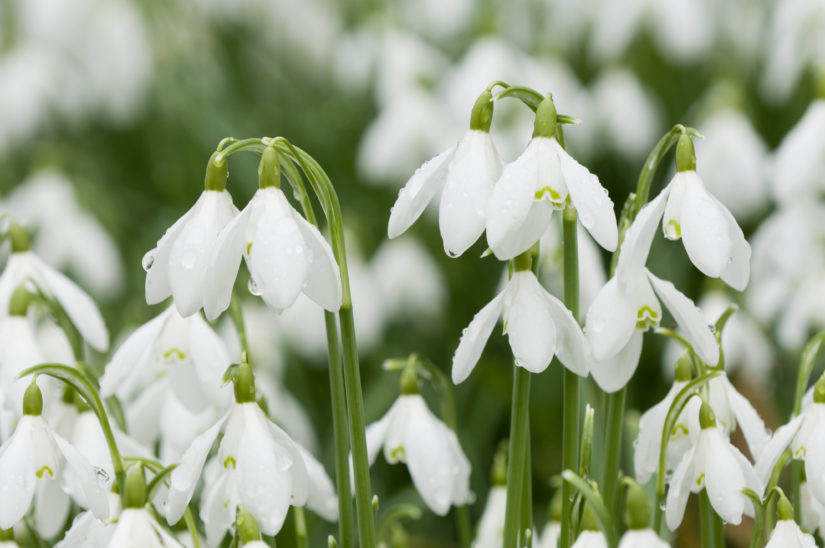Writer Of The Week: Jean Robinson
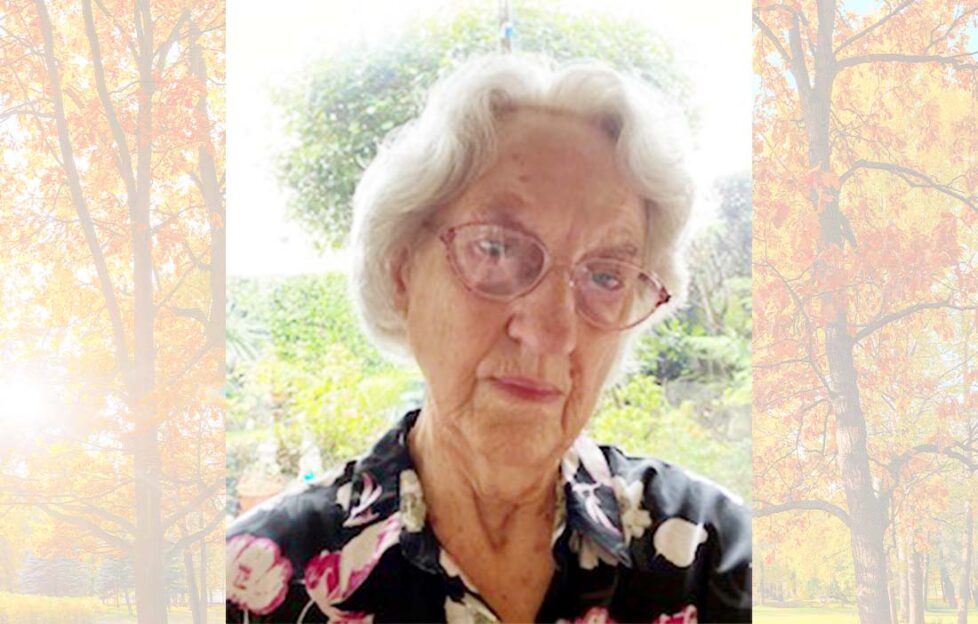
Today we’re chatting with Writer Of The Week, Jean Robinson.
Her latest story, “Close Encounters’, will be published in our next weekly issue on sale from Wednesday 10 November, 2021.
Your story, “Close Encounters” is poignant and thought-provoking. Can you tell us a bit about what inspired you to write it?
Whilst driving along a busy motorway, I saw a man dressed from head to toe in white, bent as if in prayer on the grass verge.
I wondered why he would be doing this in such a dangerous place. Perhaps he had a premonition there would be an accident and was praying that nobody would be hurt.
Having reached my destination, I began to imagine a great pile up on a motorway and how it could affect the lives of all the people involved.
Maybe that man’s prayers would make a difference. Maybe each person involved would emerge as a better person in some way. Maybe each of them would learn something about themselves, take stock when faced with the reality of what might have been.
Each of these people began to form in my head, their characters, their problems and how each one changed because of the accident, until I knew I had to write their story.
When did you start writing? Did you always want to be a writer?
At the age of eight, I had a poem published in the children’s corner of our local newspaper. From that moment I was hooked; always scribbling in notebooks. I can still remember the thrill of getting a new one with that lovely blank first page just waiting for me to fill.
My next pieces of published work came after a four month voyage to the Far East on a cargo ship accompanying my seafaring husband. I kept a diary, then turned this into several travel articles and finally it inspired my first published novel, “The Captain’s Wife,” which was followed by several more.
As a teacher, I was closely involved with teenagers and felt that the careers advice they were given did not give them the feel of the job. Once retired, I had the idea of interviewing people in various jobs to find out what they were really like and writing these up for teenage magazines. They proved successful and kept me busy for many years with regular columns in a variety of publications. It also gave me many happy hours talking to a great variety of people of different professions.
I also have several Pocket Novels and short stories published. So, to answer your question, yes, writing has always played a big part in my life.
Which authors do you admire? If you could meet them, what would you ask them?
I admire Kate Morton for her beautiful prose.
Also Santa Montefiore. Her novel, ‘The House by the Sea’, is such a moving story.
I love Lyn Andrews’ historical novels set in Liverpool, a city that has always been close to my heart. The characters are so well drawn and she sets the scene so you feel you are there. The stories carry you along because you care about the characters and wonder what will happen to them next.
If I met her I would ask about her research. There is so much detail that you can feel the beating heart of the city in every scene.
Do your story ideas tend to start with a character or a plot? Do you keep your ideas all in one place?
An idea will come from a character in a certain situation. The plot will follow.
I recently stayed in a small hotel. The owner had just gone through a divorce. Her husband had left her to carry on running the place single handed. She was obviously feeling the strain: resentful, alone, overworked, tired and sad, yet determined to keep the place going.
I do not know any more than that — not her name, or the reason for the divorce or anything about her husband or what problems they had. I have just the situation at that moment to work with. The rest is left to my imagination and could go in many directions, producing many different stories.
I write each story idea on a separate sheet of A4 paper and pop it into a file with all the others until I am ready to work on it.
What made you decide to submit fiction to the “Friend”?
I heard Shirley Blair, the previous Fiction Editor at “The People’s Friend”, give a talk at “The Swanwick Writers’ Summer School”, many years ago.
She was so inspiring that I came home and wrote a story and sent it to her. The magazine published it, and I have written stories for the “Friend” ever since.
Everyone there is so friendly and helpful. It’s my favourite magazine.
Notebook and pencil or laptop? Kitchen table or study? Blank wall or inspiring view.
Always a notebook and pencil to start with.
Nothing gives the same satisfaction as a pencil in the hand, a blank page in the notebook and my head bursting to begin a new story. I sit in my living room, relaxed and comfortable and let it all flow out.
Then I come up to my study, open up the laptop and the real work begins. I have to knock this rough draft into shape, ensure it makes sense, put things in the right order, prepare it to send to the editor.
Occasionally the story flows out smoothly just as I envisaged it and there is little more work to do on it. When this happens I get a really good feel about the story. I experienced this with the one mentioned here – “Close Encounters”.
The kitchen table would remind me that I hadn’t cleared the breakfast dishes!
An inspiring view would be too distracting. A blank wall would dampen my enthusiasm. So, study it has to be. Warm and welcoming, comfy chair, nice big desk with everything I need to hand.
What’s your one top tip for an aspiring Writer of the Week?
Always have a notebook to hand. Jot down an idea as soon as it comes into your head then give it time to mature. Take lots of photos of places you might use in stories to jog your memory. A photo can sometimes suggest a story. Go with any changes an editor asks for. They know what they want. It is up to us writers to provide it.
To read our previous Writer of the Week interviews, click here.
Get a sneak peek at the other stories to be published in our next issue here.



